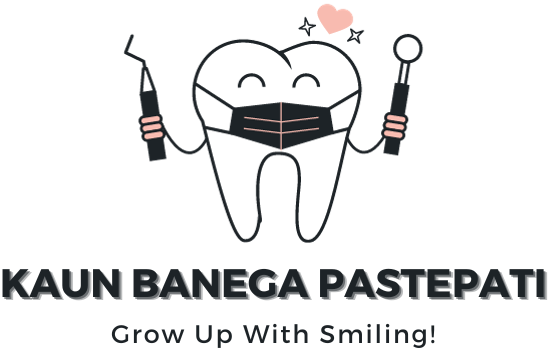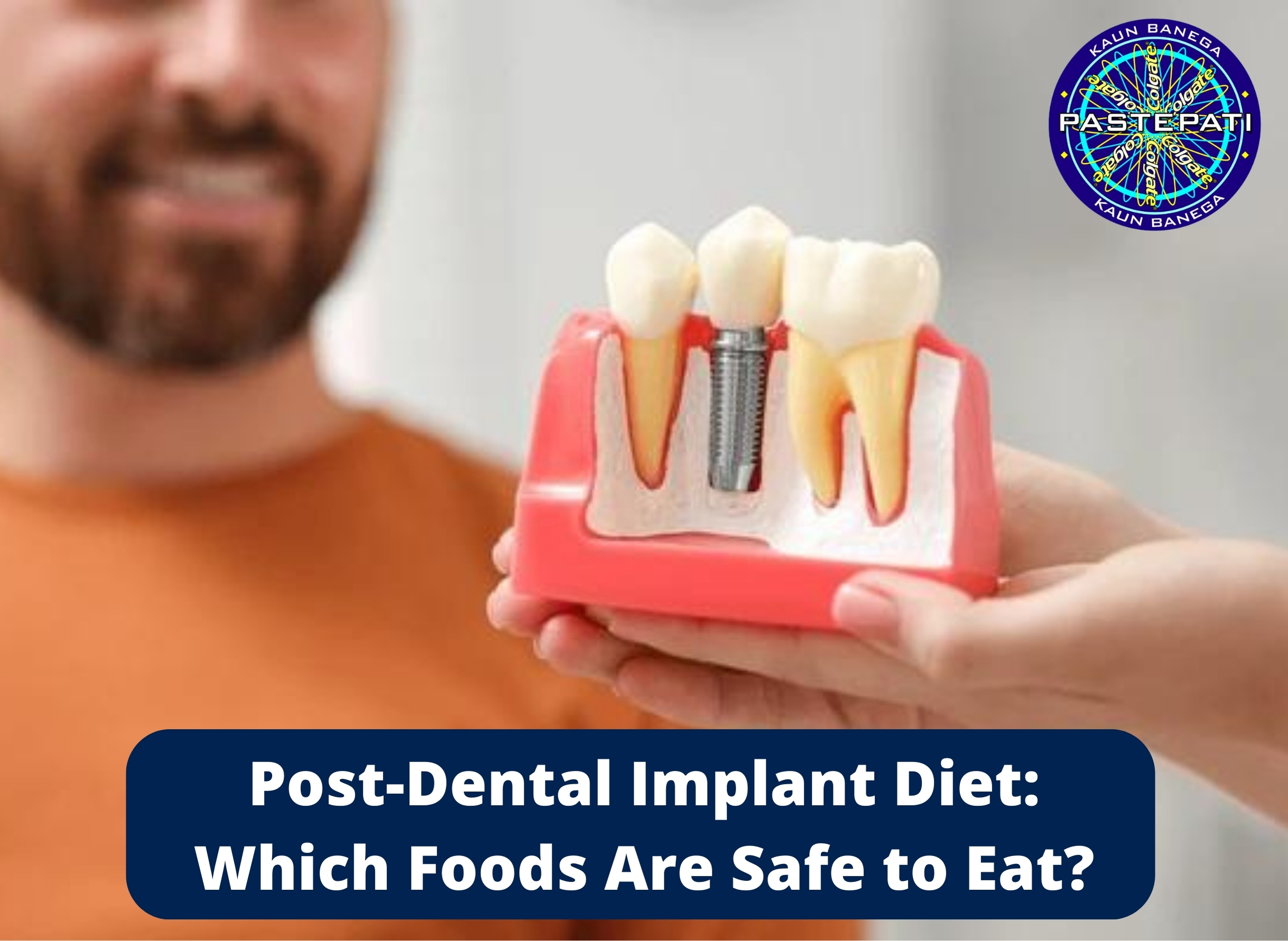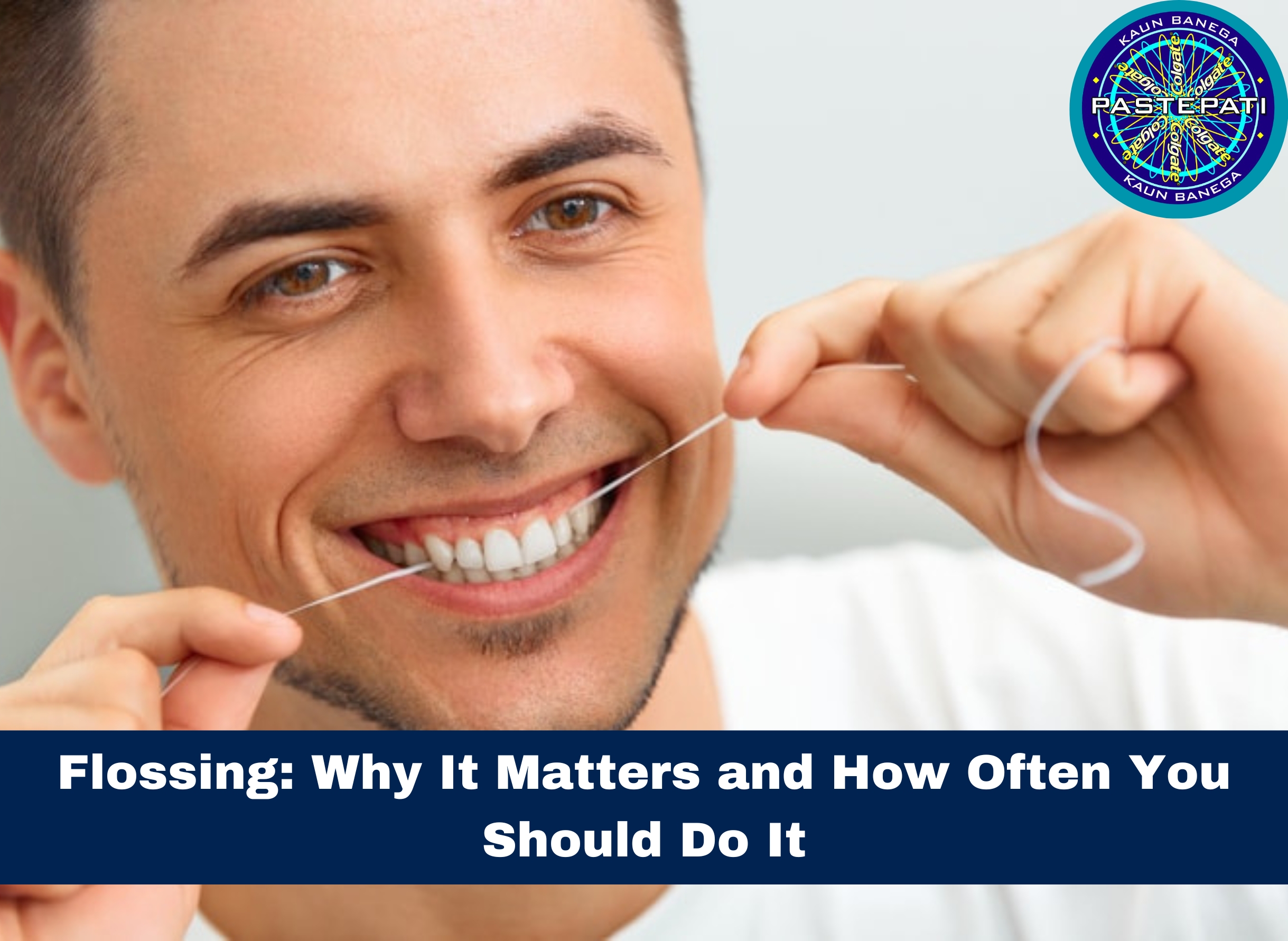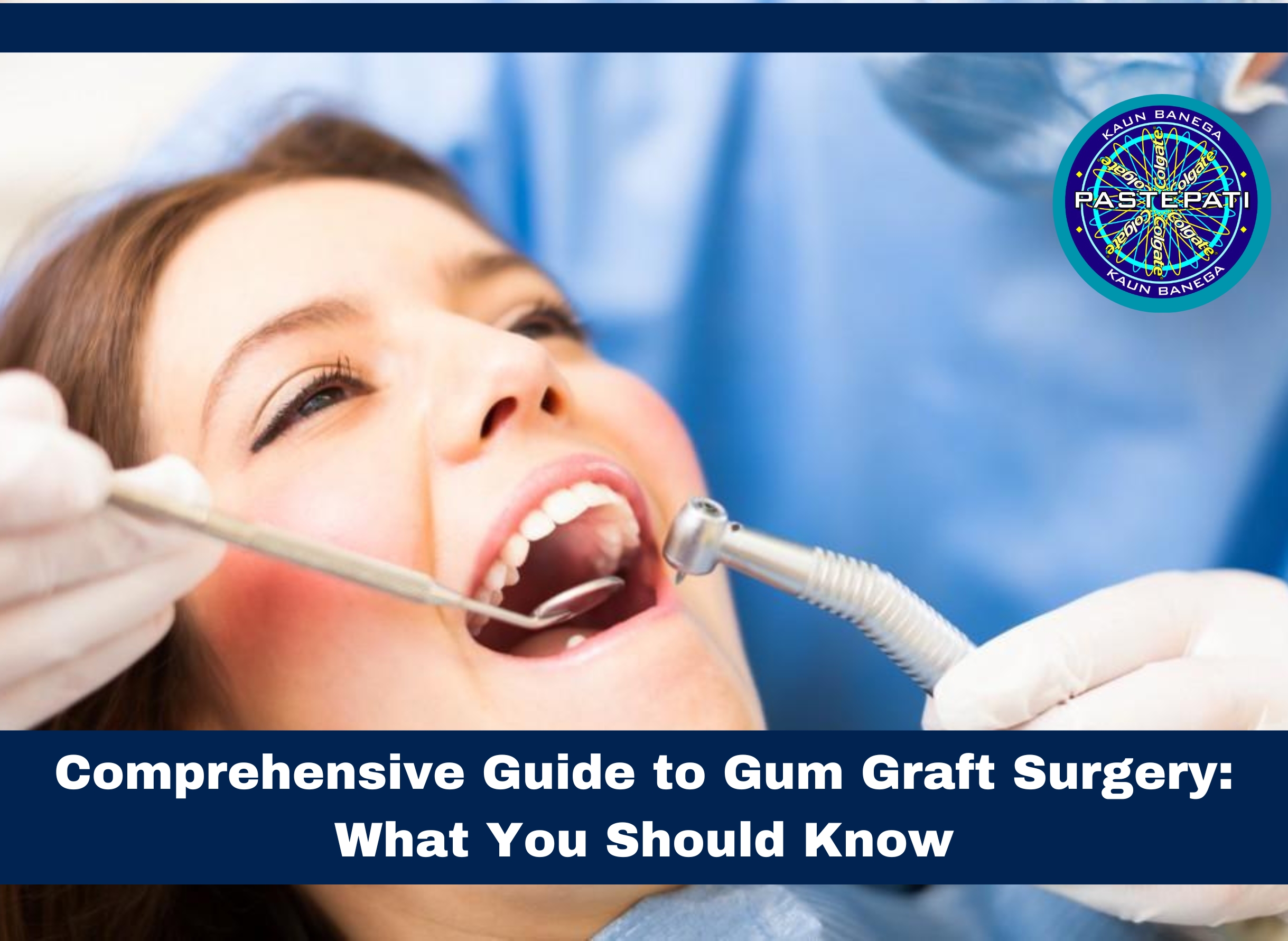After undergoing dental implant surgery, proper post-operative care, including dietary considerations, plays a crucial role in ensuring successful healing and optimal outcomes. At Kaun Banega Pastepasti, a leading provider of dental implants in Ludhiana, we understand the importance of a well-balanced diet in supporting the recovery process. In this informative guide, we’ll explore the foods that are safe to eat following dental implant placement. By following these dietary recommendations, you can promote healing, reduce discomfort, and safeguard the longevity of your dental implants.
Read: Choosing the Best Toothbrush and Toothpaste: A Complete Guide
1. Soft Foods:
Immediately following dental implant surgery, it’s essential to transition to a soft-food diet to minimize irritation and promote healing. Soft foods are easier to chew and gentler on the surgical site, reducing the risk of discomfort or complications. Opt for easily digestible options such as mashed potatoes, which provide comforting nourishment without requiring extensive chewing. Yogurt, rich in probiotics and calcium, is another excellent choice, offering a creamy texture that soothes the palate. Incorporating smoothies into your diet provides a refreshing and nutritious option, allowing you to blend fruits, vegetables, and protein sources for a balanced meal or snack. Scrambled eggs offer a soft and protein-rich option that can be customized with various ingredients for added flavor and nutrition. Pureed soups, such as butternut squash or carrot soup, provide warmth and hydration while delivering essential vitamins and minerals. Finally, cooked vegetables like steamed carrots or green beans offer fiber and nutrients in a soft and easily digestible form.
2. Protein-Rich Foods:
Protein plays a crucial role in tissue repair and regeneration, making it an essential component of your post-implant diet. Incorporating protein-rich foods into your meals provides the necessary building blocks for collagen synthesis, which is vital for the healing of gum tissue and bone surrounding the dental implants. Opt for lean meats such as chicken, turkey, and beef, as well as fish like salmon and tuna, which are rich in omega-3 fatty acids known for their anti-inflammatory properties. Plant-based sources of protein, such as tofu, lentils, beans, and chickpeas, are also excellent options for those following a vegetarian or vegan diet. Additionally, dairy products like milk, yogurt, and cheese provide not only protein but also calcium, which is essential for maintaining strong bones and teeth. By including a variety of protein-rich foods in your post-implant diet, you can support optimal healing and promote the long-term success of your dental implants.
Read: Getting Your Child Ready for Their First Dental Appointment
3. Nutrient-Dense Foods:
Supporting overall health and immune function is paramount during the recovery period following dental implant surgery. Consuming nutrient-dense foods packed with vitamins, minerals, and antioxidants can help bolster your body’s natural defenses and promote efficient healing. Fruits and vegetables are excellent sources of essential nutrients, providing vitamins A, C, and E, as well as folate, potassium, and fiber. Dark leafy greens like spinach and kale are particularly rich in vitamins and minerals, while colorful fruits such as berries, citrus fruits, and melons offer a wide range of antioxidants. Whole grains like quinoa, brown rice, and oats provide complex carbohydrates for sustained energy and additional nutrients like B vitamins and iron. Incorporating nuts and seeds into your diet adds healthy fats, protein, and micronutrients, while also offering a satisfying crunch. Aim to include a diverse array of nutrient-dense foods in your meals to ensure you’re getting a comprehensive range of essential nutrients. Vitamins C and D are especially important for collagen formation and bone health, so prioritize foods rich in these nutrients to support the healing process and optimize the success of your dental implants.
Read: Interactive Activities for Tiny Teeth: Nurturing Healthy Smiles
4. Avoid Hard and Crunchy Foods:
During the initial stages of dental implant integration, it’s crucial to steer clear of hard, crunchy, or sticky foods that could potentially disrupt the healing process or put undue pressure on the surgical site. Abrasive textures and tough consistencies can pose a risk of damaging the implants or causing irritation to the gums. Examples of foods to avoid include hard candies, nuts, popcorn, seeds, crusty bread, and tough cuts of meat. By adhering to a soft-food diet and avoiding these problematic items, you can safeguard the integrity of your dental implants and promote optimal healing without unnecessary complications.
5. Stay Hydrated:
Adequate hydration is essential for supporting overall health and facilitating optimal healing following dental implant surgery. Drinking plenty of water throughout the day helps keep your body well-hydrated, promoting the efficient transport of nutrients to the surgical site and aiding in the removal of toxins and waste products. Optimal hydration also helps maintain the elasticity of gum tissues and mucous membranes, reducing the risk of dry mouth and associated complications. While water is the best choice for hydration, it’s important to avoid sugary or carbonated beverages, as well as alcohol, which can interfere with the healing process and increase the risk of inflammation or infection. By prioritizing hydration as part of your post-implant recovery plan, you can contribute to a smooth and successful healing journey.
Read: Oral Care for Different Life Stages: From Kids to Seniors
Conclusion
In conclusion, following a proper post-dental implant diet is essential for promoting healing, minimizing discomfort, and ensuring the long-term success of your dental implants. At Kaun Banega Pastepasti Dental Clinic in Ludhiana, we emphasize the importance of nutrition in supporting the recovery process for our patients undergoing dental implant surgery. By incorporating soft foods, protein-rich options, nutrient-dense choices, and staying hydrated while avoiding hard and crunchy foods, you can aid in the healing process and enjoy the benefits of a restored smile. If you have any questions or concerns about your post-implant diet, don’t hesitate to reach out to our experienced dental team for guidance and support.




